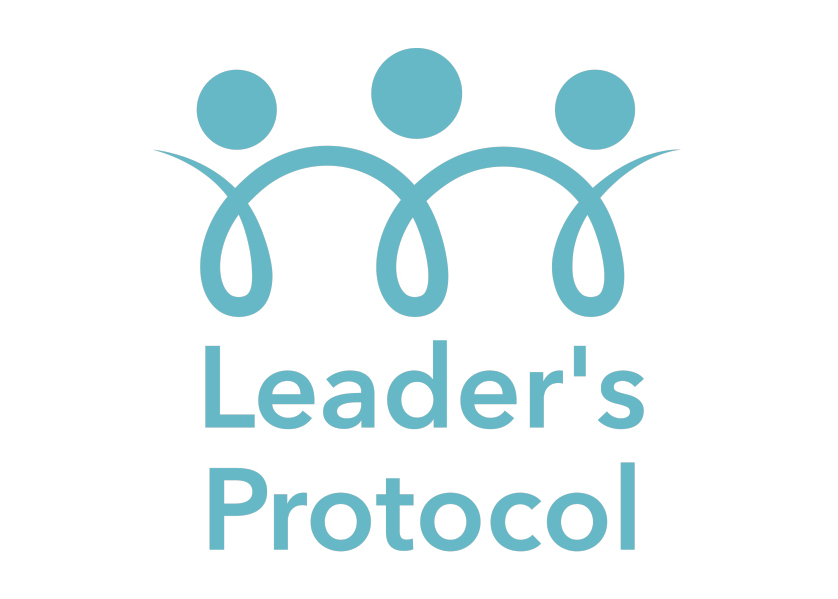Emotional Intelligence often doesn’t need to be evaluated in organisations – it stands out like a sore thumb, whether positively or otherwise. We all have it and use it in a unique way. Putting it work in a leadership context is arguably vital for organisational success. Here’s my take and hopefully some food for thought.
The Role of Emotional Intelligence in Leadership: An Unseen Facet of Success
Emotional Intelligence (EI) has been at the forefront of leadership discussions for over two decades, ever since Daniel Goleman, an American psychologist, introduced it in the context of business leadership in his groundbreaking 1998 article “What Makes a Leader” published in the Harvard Business Review. Despite its apparent significance, the role of EI in leadership continues to be an area of debate and discovery. This article will delve into this topic, offering novel perspectives, questions driven out of curiosity, and practical suggestions.
EI: The Game-Changer in Leadership
Traditionally, intelligence quotient (IQ) and technical skills were seen as the primary indicators of a leader’s potential. However, Goleman’s work, supported by a plethora of subsequent studies, has demonstrated that EI—comprising self-awareness, self-regulation, motivation, empathy, and social skills—plays a more critical role in leadership than previously acknowledged.
The influence of EI is visible in various leadership areas. Leaders high in EI tend to create more cohesive teams, foster a positive work environment, handle stress better, and are more adept at conflict resolution. Let’s examine how some successful organisations have harnessed EI at the leadership level.
Case Study: Siemens and EI
Consider Siemens, the industrial manufacturing company. In 2018, Siemens initiated a leadership development program emphasising EI. The program aimed at evolving their culture of innovation, encouraging resilience, and facilitating open dialogue. By focusing on EI, Siemens reported better change management, increased employee engagement, and an enhanced ability to innovate.
EI: A Comprehensive Outlook
The importance of EI in leadership is indisputable, but it’s essential not to perceive it as a panacea. Some critics argue that overemphasising EI could lead to an over-emphasis on harmony, potentially stifling constructive conflict and criticism. Others question the role of EI in determining leadership success, highlighting the continued importance of cognitive intelligence and conscientiousness.
While these counterpoints are valid, they do not negate EI’s importance. Instead, they highlight the need for a balanced leadership approach, integrating EI with other skills.
EI: More Than Just a Buzzword
The discussion on EI often centres on its conceptual understanding, but how can leaders practically incorporate EI in their leadership style? Here are a few ways:
Self-awareness: Regularly reflect on your emotional responses. What triggers negative emotions in you? How do these emotions impact your decision-making?
Self-regulation: Develop strategies to manage your emotional responses, especially in stressful situations.
Empathy: Strive to understand your team members’ perspectives and feelings. This understanding can foster stronger relationships and lead to better decision-making.
Social Skills: Improve your communication and conflict resolution skills. Cultivate the art of listening and providing constructive feedback.
Motivation: Find ways to stay self-motivated and spread this positivity to your team. Recognize and celebrate both team and individual successes.
Consider these questions:
- How well do you understand your emotional responses?
- How do you manage your emotions in leadership scenarios?
- How effectively do you understand and respond to your team’s emotions?
Harnessing EI for the Future
The future of work is poised to be challenging and uncertain, with rapid technological advancements and evolving work patterns. AI will have huge impacts and yet at the same time it seems that EI in AI may be some time off yet! In this scenario, EI will be an increasingly relevant differentiator in leadership and talent attraction in general. Organisations and leaders that understand and apply EI are likely to be better equipped to navigate this uncertainty.
As a leader, developing your EI may require effort and intentionality, but the potential benefits — improved decision-making, better relationships, and a more engaged team — make it a worthy investment.
Want more? I’d recommend …
Book: “Emotional Intelligence: Why It Can Matter More Than IQ” by Daniel Goleman
Article: “Emotional Intelligence Has 12 Elements. Which Do You Need to Work On?” by Harvard Business Review
Video: “The Power of Emotional Intelligence” TED Talk by Travis Bradberry
Podcast: “EQ Evolution: Unpacking Emotional Intelligence” by Candice Dick and Liz Cunningham
References
Goleman, D. (1998). What makes a leader. Harvard Business Review, 76, 93-102.
Goleman, D. (2004). What Makes a Leader? Harvard Business Review, 82(1), 82-91.
Sadri, G. (2012). Emotional intelligence and leadership development. Public Personnel Management, 41(3), 535-548.
Siemens. (2018). Emotional Intelligence: A Key Ability in the Digital Age. Siemens.Siemens. (2020). Annual Report 2020. Siemens.
Antonakis, J., Ashkanasy, N. M., & Dasborough, M. T. (2009). Does leadership need emotional intelligence?. The Leadership Quarterly, 20(2), 247-261.
Joseph, D. L., & Newman, D. A. (2010). Emotional intelligence: an integrative meta-analysis and cascading model. Journal of Applied Psychology, 95(1), 54.



